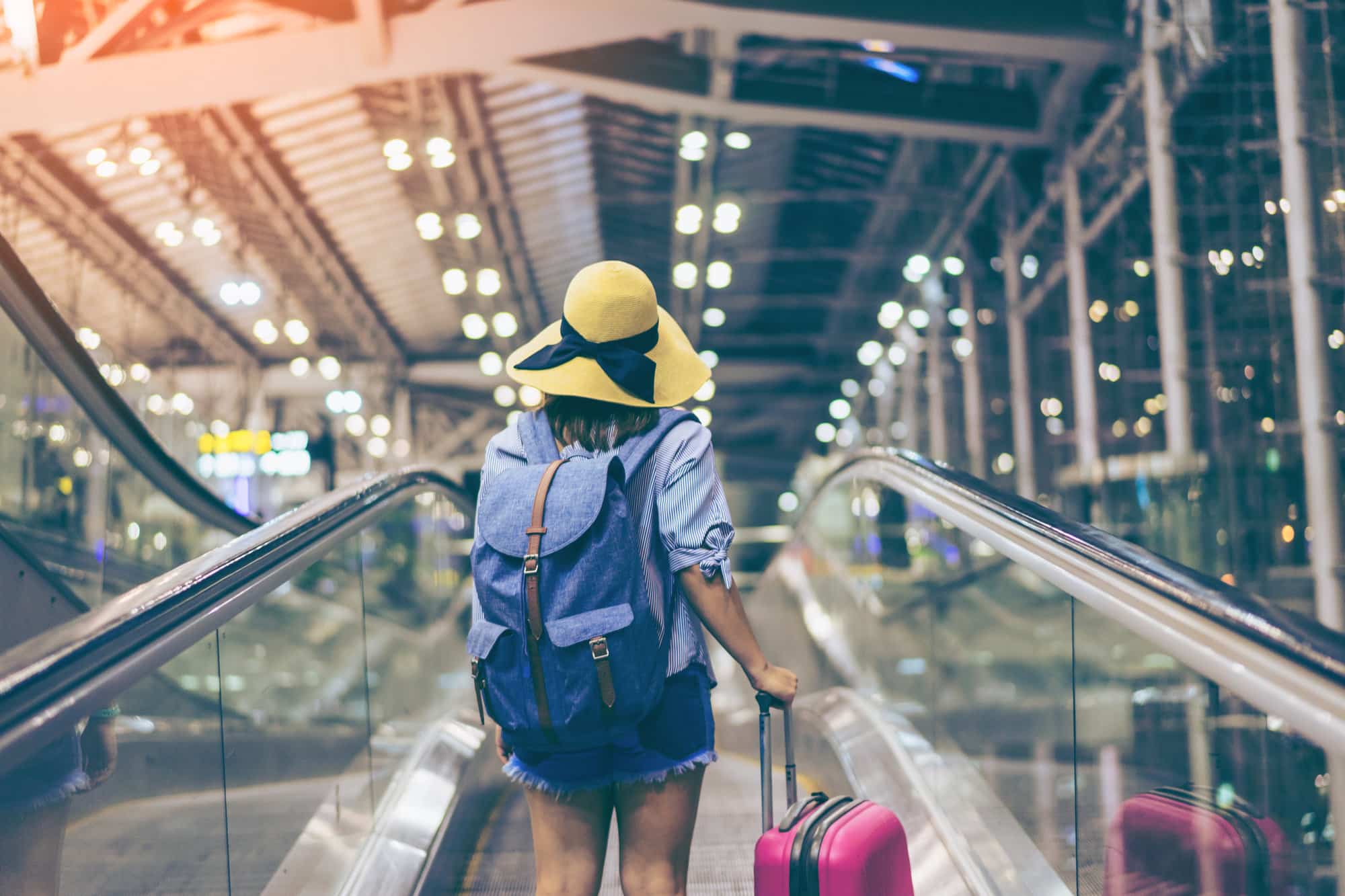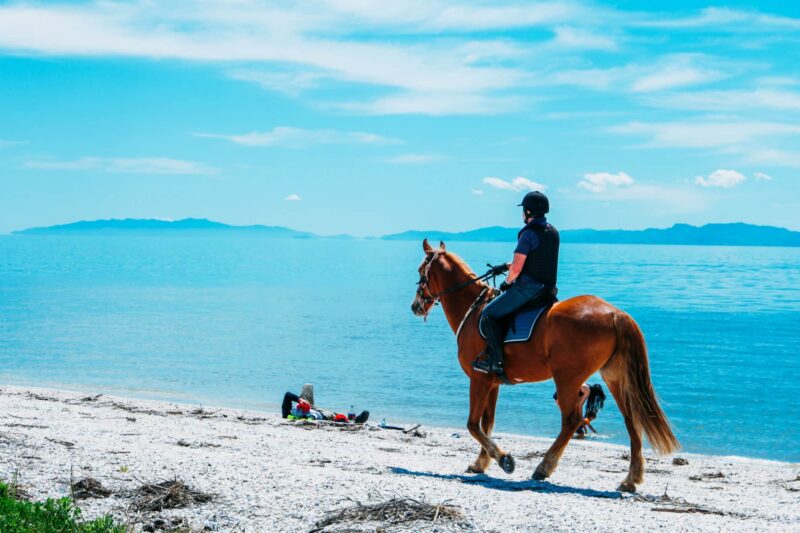Traveling internationally requires an added degree of vigilance no matter how seasoned the traveler. Even without a language barrier, there are several security assumptions that change once outside the United States. Whether you’re venturing abroad for the first time, traveling to a part of the world you’re unfamiliar with or simply looking for reminders on how to stay safe and secure when traveling, here are 10 tips for every trip.
Register With the State Department

In the old days, travelers would contact the U.S. Embassy or Consulate serving the international destination they were traveling to and let them know when they’d be in the country. Today, the U.S. State Department operates the Smart Traveler Enrollment Program that allows American citizens and U.S. permanent residents to register their journeys online.
The program keeps a record of travelers intended travel dates, contact information and local address while in-country. The local U.S. embassy or consulate uses data mined from the program to generate lists of U.S. citizens during times of natural disaster or civil unrest and also uses the information to assist friends or family in the U.S. contact citizens abroad during personal emergencies. Travelers can also receive updates on travel alerts and warnings affecting the country or area they’re traveling to and bulletins during emergency situations.
Keep Duplicate Passport Copies Handy
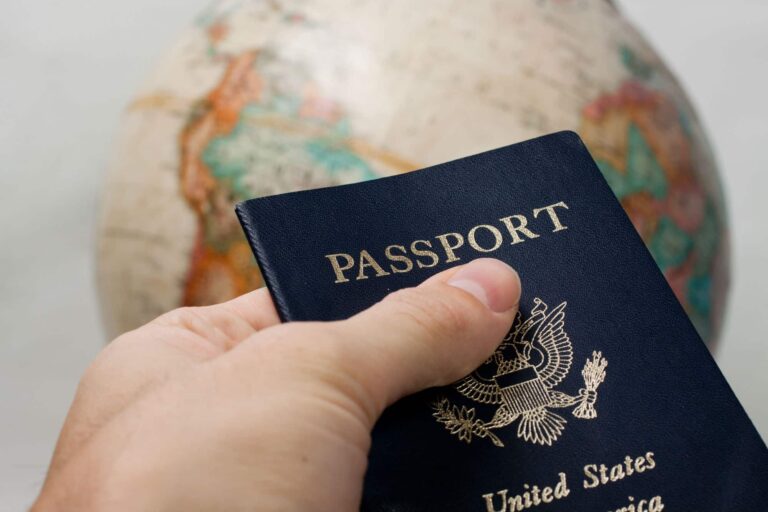
United States passports are a hot commodity on the black market. Although passports have sophisticated security features, passport theft, unfortunately, remains common. Smart travelers keep paper photocopies of their passports in their purse or wallet to produce on demand when needed, while their original passport remains secure in the hotel room safe. Law enforcement in most countries will accept photocopies for most non-consular business.
Duplicate copies will also smooth the process of replacing a lost or stolen passport. Most U.S. consular missions abroad can issue an emergency passport in less than 24 hours, but it’s much easier if they have the details of the missing passport first. It’s also wise to scan your passport and visa pages (most visas also require replacement for new passports) to store digitally, so you have virtual access from anywhere in the world without physical documents.
Use ATMs Cautiously

Depending on the country, ATM scams can be more common outside the United States, which is a headache for travelers since ATMs typically offer some of the better exchange rates for foreign currency.
A good rule of thumb is to only use ATMs that are located inside bank branches or hotels. Aside from the added security provided by the bank staff or security cameras, branch ATMs also provide additional privacy. Loiterers won’t be able to observe where travelers keep their wallet, ATM card, how much cash is withdrawn and where it’s stored. Branch ATMs are also closely monitored and far less likely to be rigged for “skimming”. Avoid ATMs in train or bus stations and in popular tourist areas, as those are the machines most likely to be targeted by pickpockets and skimmers.
Finally, keep in mind that ATM scams give access directly to bank accounts. Many travelers travel with replaceable pre-paid cash cards which are easy to shut off in the event of theft; others have dedicated cash accounts for international travel (I keep a zero-fee, interest-bearing Charles Schwab account for this exact purpose).
Distribute Cash & Cards
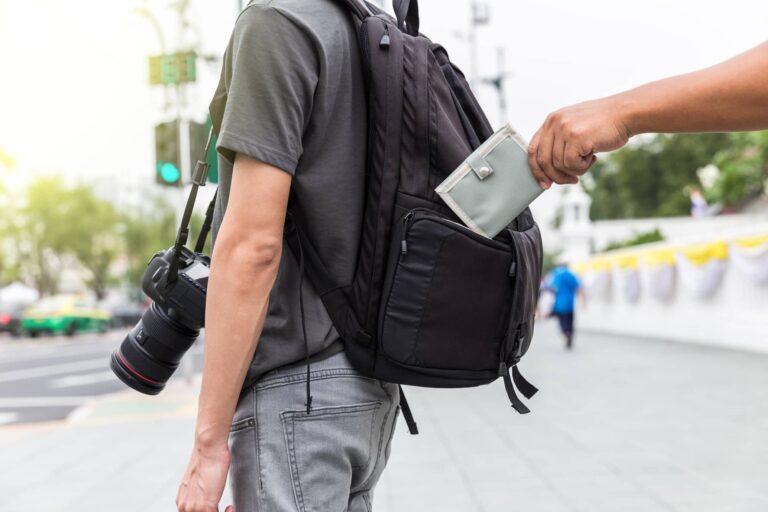
You don’t necessarily need to use a hidden money belt (professional pickpockets know how to get into them just as easily) but it is worth noting that pickpockets work on principles of speed and distraction to support their livelihoods.
Ultimately, you might not be able to stop their wallet or purse from being snatched. But if a pickpocket only has the opportunity to go for one target, having money or cards distributed in multiple places will save you from losing your entire stash. Keep money in multiple pockets on your body, different spots in your bag or purse and distributed through carry-on bags. Also, never leave cash or cards in checked luggage.
Keep Bags Locked & Close
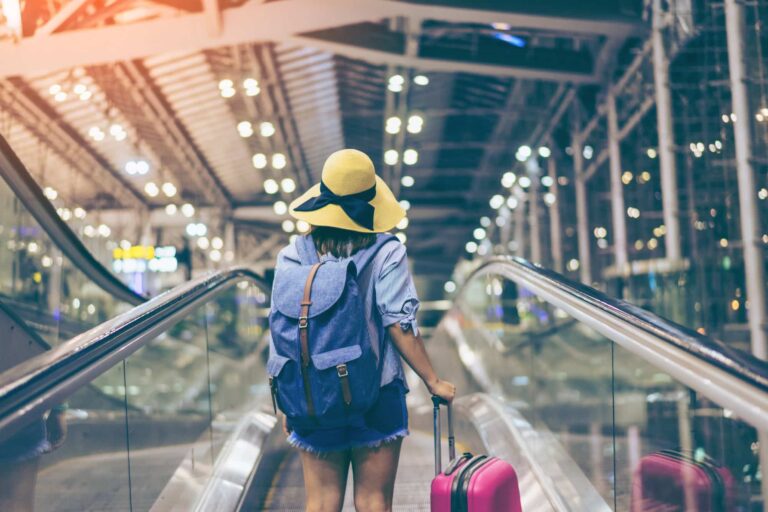
When riding in cars with your luggage, keep the windows rolled up and doors locked. When traffic is slow or stopped, keep an arm through the handles of your bag. A common type of theft involves purses or bags being taken from cars or cabs while they’re stuck in traffic.
Keeping other bags like large carry-ons visibly locked while in heavy traffic areas or on public transport also sends a clear signal that the bags are not an easy target and can (but doesn’t always) deter theft attempts.
Invest in Low-Tech Security
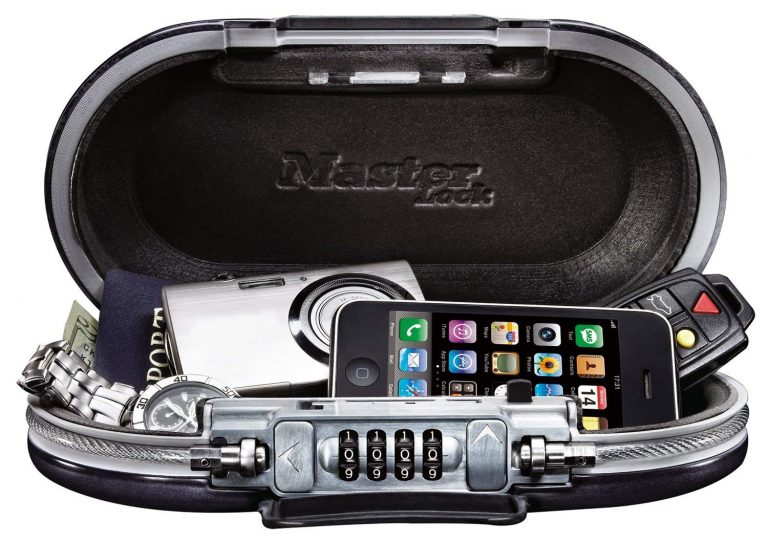
A portable safe like Pacsafe’s TravelSafe Portable Safe will keep your valuables safe and stationary and locked down as long as you attach it to something stationary in your hotel room. Typically large enough to hold a passport, smartphone, cash, cards and jewelry, and small enough to fit inside a carry-on bag, these portable safes can be invaluable to those who simply can’t leave valuables at home. If you’ll be bringing valuables out and about, putting a GPS tracking chip like Tile inside can help you recover stolen items. However, whenever tracking stolen property using a GPS device, travelers should always enlist the assistance of law enforcement to ensure recovery efforts are both safely conducted and consistent with local laws. Other low-investment security items include anti-theft bags and personal alarms that emit a 130-decibel siren to alert anybody within several hundred yards of an assistance need.
Know Your Surroundings

What’s the name of your hotel? What’s the address? What neighborhood is it in?
While you should never tell a stranger the answer to these questions, it’s important to always know their answers. Get in the habit of grabbing the hotel’s business card with the address and phone number or writing down the address and phone number so you can easily tell a cab where to go. This also helps if you’re visiting somewhere with a language barrier, as the business card is likely to have the local language on it so you can get home without knowing the local language. In Bangkok, where many cab drivers speak only Thai (and many are from parts of the country so remote, with dialects so obscure even Bangkok residents may struggle to understand them), hotels are in the habit of giving their guests cards with the name of the hotel in English and Thai, and the hotel’s phone number to call for directions.
In addition to lodging, you should also research basic wayfinding and landmarks by using Google maps before your visit. At the very least, you should know the relative location of a nearby drug store, major intersection and consulate or embassy.
Buy Travel Insurance

Travel insurance is a life saver. Private medical insurance coverage varies, but some of it may not cover doctor visits outside the United States. Providers in many countries may also require cash up front before rendering medical services. Travel insurance policies typically cover emergency medical needs abroad and international hotlines assist insureds with navigating local requirements. It’s also worth noting that while U.S. consular offices provide a number of assistance services to Americans abroad, they do not pay for medical expenses or offer loans or advances (although they can refer travelers to services that can).
Travel insurance policies also cover travel delays, loss (including theft) or damage to bags while traveling on a common carrier like aircraft or train, trip delay or cancellation. Travelers departing from the European Union (this includes some islands in the Caribbean) may also have consumer protections in the event of a cancellation or delay to their travel.
Research

You’ve researched your flights, hotel and activities already—now it’s worth the extra steps to research safety and security.
A good place to start is the State Department Consular Information Sheets. These outline certain watch items for Americans, including regions of the country that are safety or security concerns, general observations about safety infrastructure, special concerns for women or LGBT travelers and specific details on crime rates and scams that are popular locally.
Guidebooks and other online resources for security and safety are also good reading, as they’ll often give specific details on which scams and security issues are most recent. Readers will learn why not to trust helpful locals who claim a popular attraction is closed or how the main income source for street performers in many tourist areas is from pickpocketing distracted bystanders instead of busking.
When In Doubt, Stay Cautious
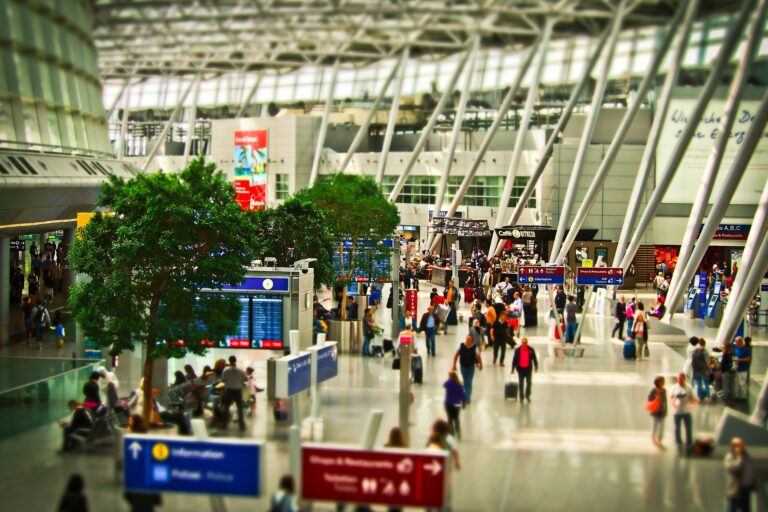
Suspicion is a natural reaction to new experiences. Unfortunately, the very nature of an unfamiliar environment can cause travelers to suspend disbelief. Because of our conflicting instinct to not want to appear out of place, it makes us more trusting and gullible, right at the moment when we should be more vigilant. If your gut tells you something is out of place, trust your gut. If wrong, the worst injury is perhaps a little embarrassment; if right, it can mean the difference between an enjoyable, relaxing travel experience and the opposite.
